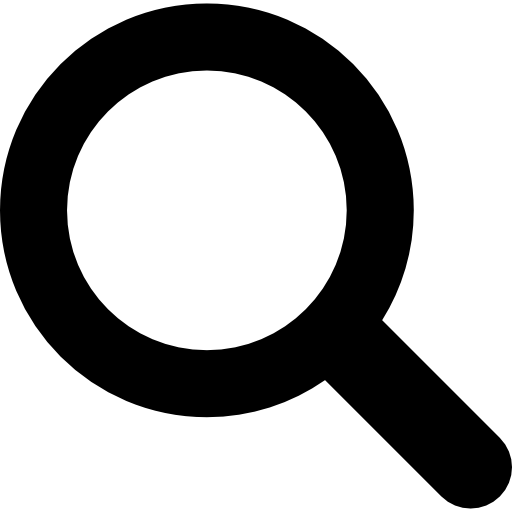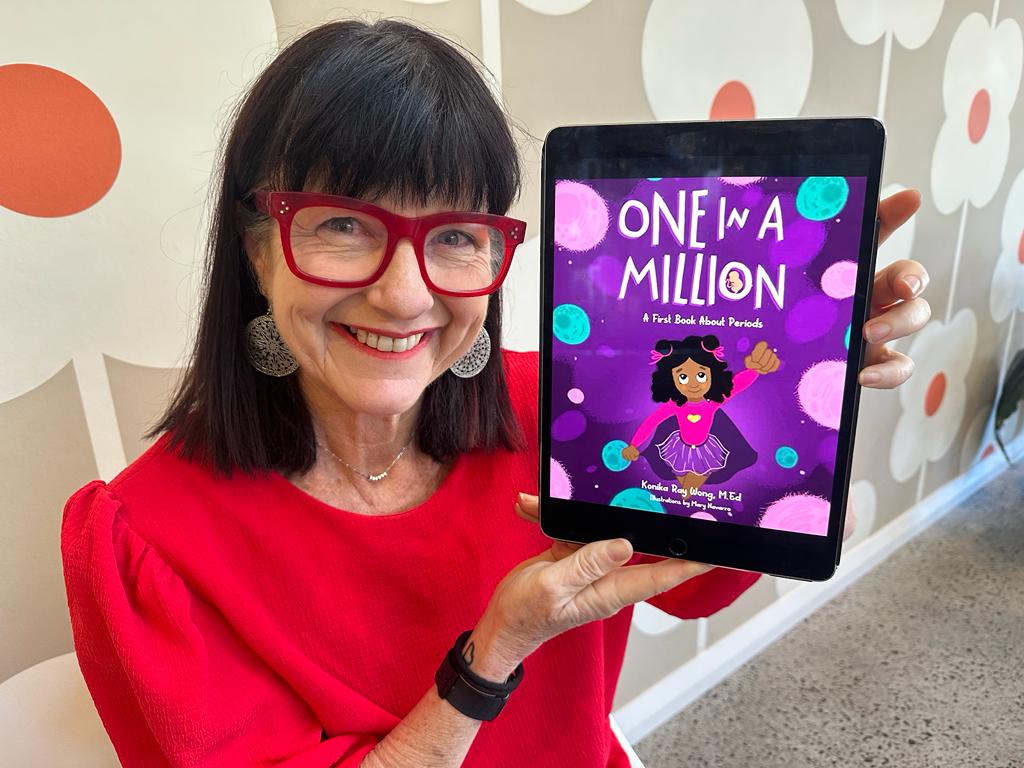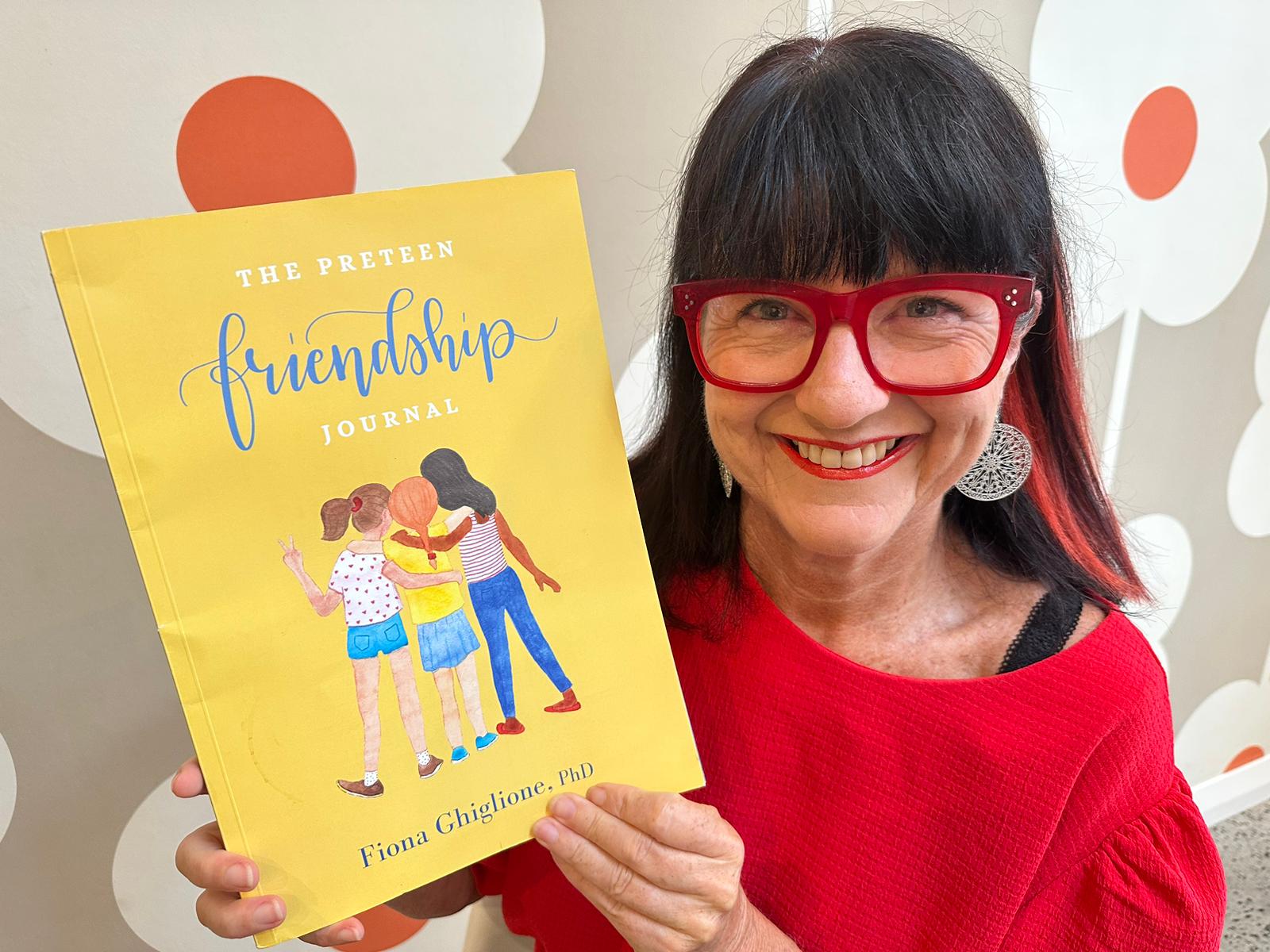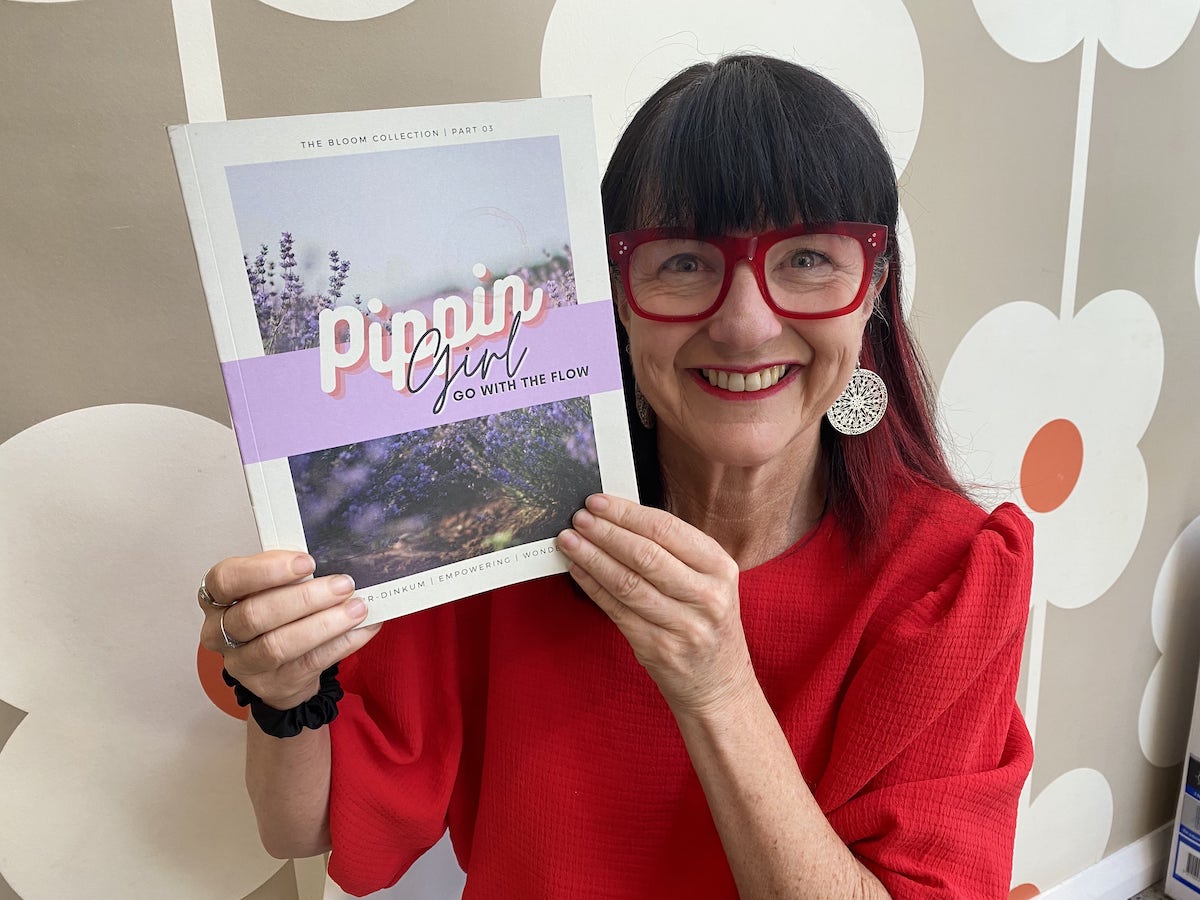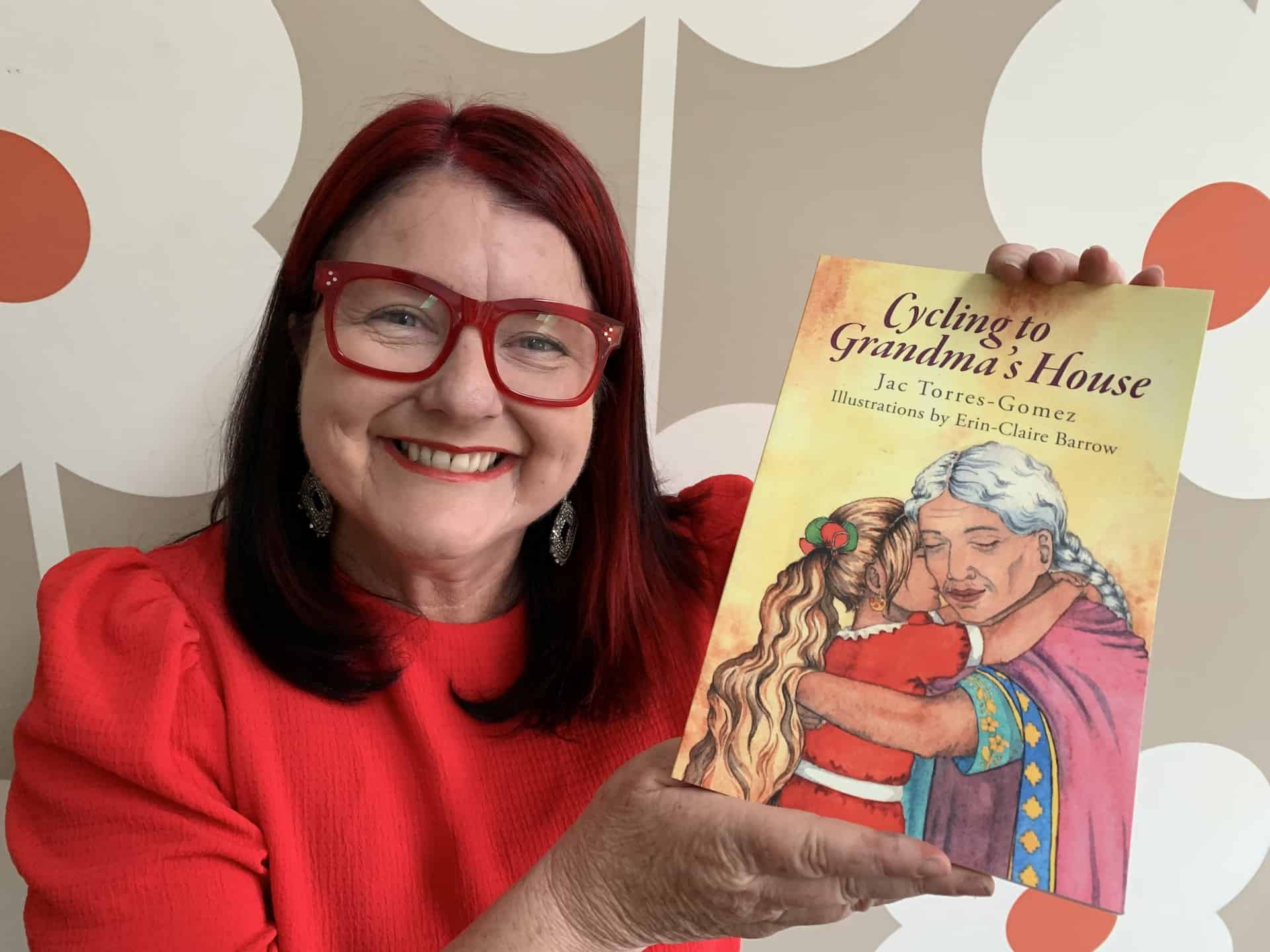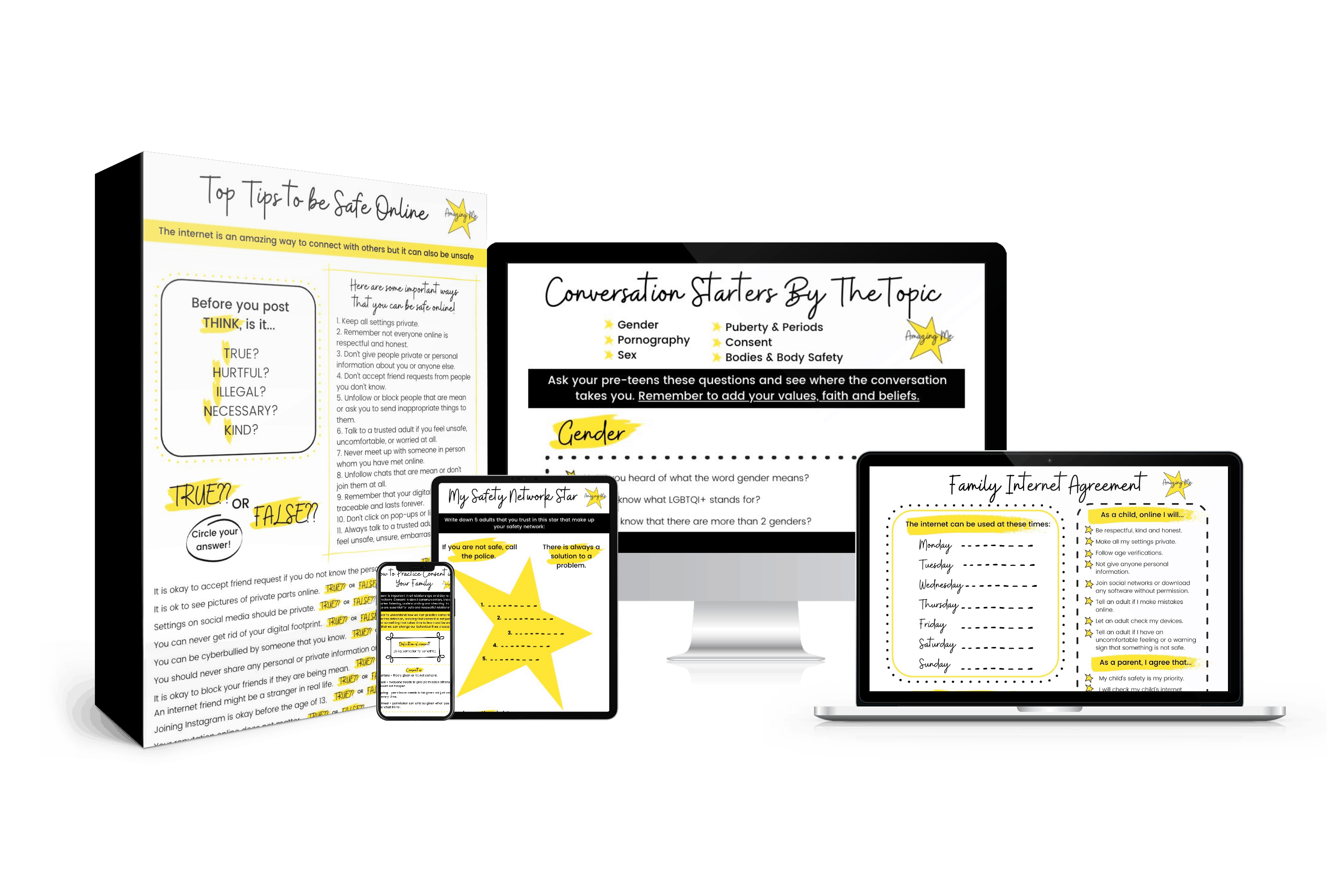When and how to talk with your daughter about puberty
Have you ever wondered when, why and how you can start talking with your daughter about puberty? Well, you are not alone, as it’s a question I am often asked.
Here are 6 ways to help you talk with your daughter about puberty in an open and honest way
1. Talk about your own journey through puberty
Think about your own experiences as a parent or caregiver, what happened and how you felt. Did you talk about puberty in your family when you were growing up and were you prepared? Stories are a great place to begin and an even better way to connect with your kids. It’s important that dads join in conversations too with their daughters.
You could say ‘Can I tell you when I got my first period/crush/bras etc?’ Do you have any questions?
2. Make it Practical
Look at bras when you go shopping. Get your child to choose a deodorant.
Making up a first period pack together, and actually showing them how to put on a pad or wash reusable period underwear are all practical ways that can also strengthen relationships and make connections.
TIP: Click here to learn the signs that a child’s period are on their way.
Talk about activities like reading, listening to music, playing a sport that they can do when they are feeling moody.
When you are grocery shopping you could say ‘Let’s look at the deodorant/pads aisle while we are here and you can choose some deodorants that you would like to try’.
3. Give them the language to express themselves
If we talk about puberty and menstruation like it’s happening or will happen and saying actual words out loud can give our children the language to be able to verbalise the facts about puberty and even how they might be feeling, even if they are not sure.
Including certain words like puberty, the clitoris, masturbation, periods, blood, all feelings, body hair, right names of genitals can also help your child express themselves more accurately and confidently.
TIP: Click here to read why it is important to use the correct names of genitals.
You could say “What do you think of when you hear the word/puberty/periods/blood/BO/vulva/discharge?
4. Talk about the actual changes starting from the first signs of puberty, the physical, social and emotional changes.
Being prepared for, and understanding the order of changes is important. If you’d like to learn more about this, read my blog about the 5 Tanner Stages of Puberty.
Don’t forget to talk about most boy’s changes during puberty too when you talk to your daughter about puberty.
You could say ‘Do you know what are the signs that puberty has started? These things often happen first -moodiness, crushes, pubic hair, body odour, pimples, a growth spurt, discharge and importantly breast buds.
‘Have you notice any of these changes happening to you or your friends?’
5. Read books and look at my online course together
Books can prepare us and our children for puberty. Sometimes they might just want to read a book on their own and sometimes we don’t have all of the information that we need so books can help educate, prepare and empower our kids and give us tools to know what questions to ask, the order of changes read many books here.
My online course is an invaluable way to start conversations with your children about puberty. You can participate with your child as a fantastic way of connecting or they can do it on their own. Click here to check it out.
You could say ‘I bought this book for you about puberty or I want to do this online course with you this weekend, it’s about puberty. It will be really fun – can we make a time now to do that?’
6. Make it a gizzilion short conversations
You can’t possibly sit down and give your daughter one puberty/period talk and think that it’s over. Curiosity, questions, stages of development just to name a few are all different. Often short bite sized conversations are the best rather than a sit down, serious talk!
You could say ‘I’ve noticed that you/your friends are getting really moody/getting breasts/pimples and wanting more privacy. Have you noticed the changes that are happening, I’d like to set aside time to chat. When would you like to do that?’
Final Words
I generally have a non-gendered approach to puberty because all children need to be educated about all of the changes. It can also encourage less stereotypes, stigma and taboo, when they are all together listening to the same information.
However, I also understand that many people do not hold my opinion and girl’s maturity differs. They can also be more confident when asking questions especially around menstruation when boys are not there.
I find in my travels from school to school that stigma shame and taboo still surround puberty and menstruation. It’s our responsibility to change this!
So, let’s start the puberty talk with our daughter today.
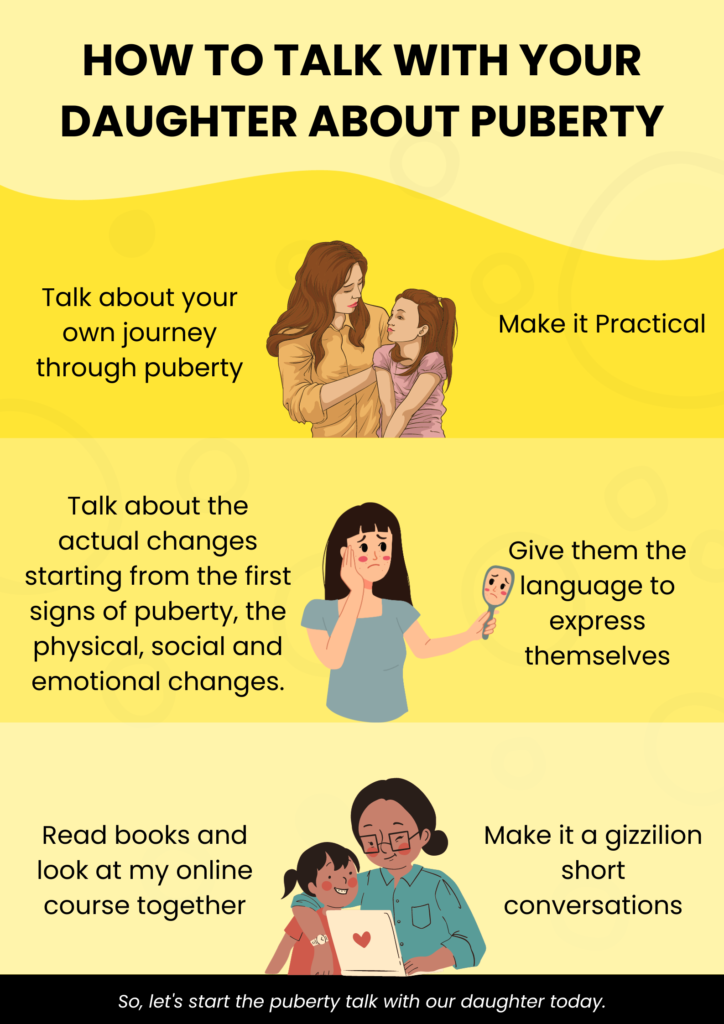
Related parenting books about puberty
What’s the Big Deal About Puberty is my interactive online course about puberty.
This puberty course is ideal for both parents/carers to do together with their pre-teens aged 9-12 years. This can also be completed by your child on their own.
Click below to buy the course for only AUD $69.

